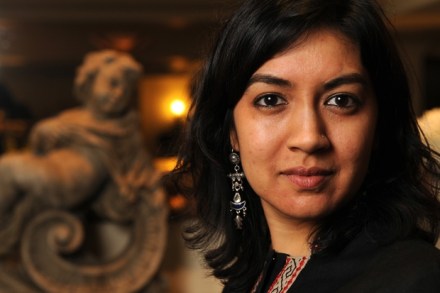The Spectator Podcast: Marriage for one | 27 August 2016
An increasing number of women are entering into the institution of marriage with their dream partner: themselves. In her cover piece this week, Ariane Sherine investigates the women who have brought a new literalism to saying, ‘I do’. But is this just a quirky fad? Or are we witnessing a profound social change? Lara Prendergast speaks to Ariane and Spectator editor Fraser Nelson on this week’s Spectator podcast. Ariane tells Lara: ‘There are an increasing number of women who have decided, because they don’t have a man – or maybe some of them don’t want a man – that if they can’t find Mr Right, well, I’m going to embrace

















